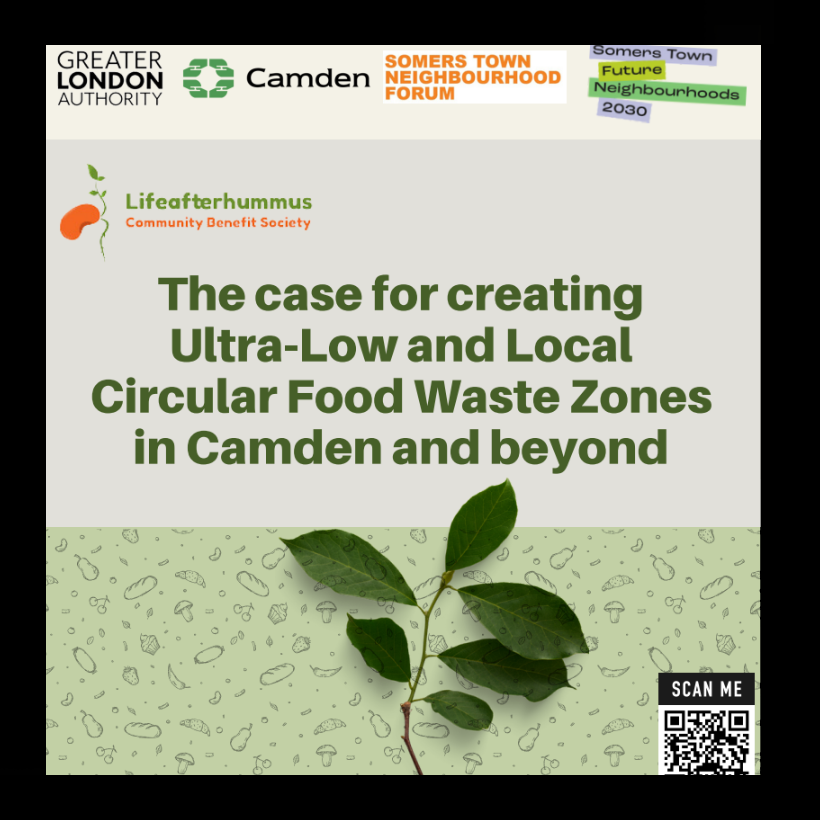
BLOG

Systemic Betrayal, Moral Injury and Distress in Community Food Support
Following the recent publication of a report on Managing Hunger Trauma in Community Food Support, Dr Carl Walker identifies ways of challenging the mass exploitation of food support staff and volunteers.

New Questions for the UK’s Seasonal Worker Scheme
FAWN member and agricultural labour expert Dr Lydia Medland explores in this guest blog the implications of a radically different demographic working on UK farms post-Brexit. This blog was originally published on the Migration Mobilities Bristol website.

Supply chain solidarities in the food system
FAWN continues acting as a venue for discussion on and organisation of food work across the supply chain. Jake Richardson reports on our July workshop exploring different models of doing so, including 'industrial hubs' that coordinate union membership and activity in different sites of the food chain, but in a specific town or region.

“She could not bear the stress and fainted”: Seasonal Work on UK Farms
Over the past eighteen months, FLEX have been working with Rosmini Centre Wisbech, Citizen Advice South Lincolnshire, and the Southeast and East Asian Centre (SEEAC) to conduct surveys and interviews with actors along the food supply chain. Jacob Bolton from FLEX relates how the research found deep-seated, systemic issues on UK farms, with evidence of several indicators of forced labour – including deception, isolation, withholding of wages, intimidation and threats

Addressing the rising tide of food insecurity in the UK
“Cash first” approaches to food poverty, where cash payments are given to people so that they can purchase food, works for some. But as FAWN member Dr Megan Blake argues, cash transfers can also go toward other priorities, such as debt or rent, rather than food. They do not improve health, job prospects or long-term income of those in need

Reconnecting Agroecology and the Labour Movement
The Food and Work Network, supported by the Experimental Humanities Collaborative Network at Birkbeck, University of London, held a day of discussion at the Organiclea Workers’ Cooperative in Chingford in May. Rowan Lubbock reports on the political debates between degrowth and productivist socialism, focusing on tensions between industrial and agroecological food production models.

Piloting Ultra-Low Food Waste Zones: The Case of Somers Town in Camden, London
Lifeafterhummus runs a social supermarket and re-use center in Somers Town, a central London community affected by recent regeneration and the arrival of the UK Google HQ. Despite this, it still faces high levels of deprivation. Farrah Rainfly discusses how data analysis provides a chance for Somers Town to lead in reducing food waste for Camden and beyond.

Diversities and Obscurities in the UK food system: Benefits of a Place-Based Approach
Food and Network member Omotomilola Ajetunmobi’s recent doctoral research shows how important migrant communities are to place-making across the country.

Getting Election Ready: Making the Hunger Crisis a Key Issue
In January 2024 the Food and Work Network (FAWN) entered the belly of the beast, and headed into the Westminster Parliament for a discussion on “Keeping the Hunger Crisis on the Agenda: At the General Election and Beyond”, in an event sponsored by Ian Byrne MP.
